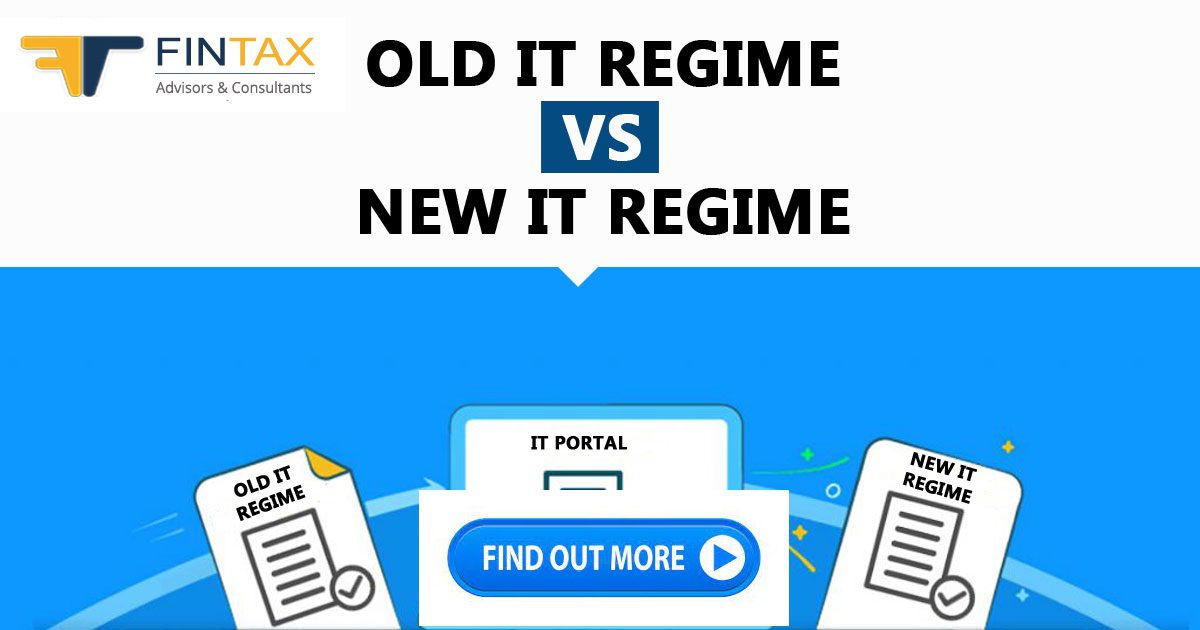Important Changes in Income Tax Return for FY 2020-21
A Punchy Headline

Important Changes in Income Tax Return for FY 2020-21
From this tax season taxpayers can opt for the New Tax Regime.
They can pay tax at reduced rates if certain tax deductions are not claimed.
For this a taxpayer filing ITR-1 needs to indicate whether he/she is opting for the new tax regime or not while filing his/her ITR. However, for others, a separate Form 10IE or 10IF as applicable is required to be filed at the time of filing ITR.
2. Benefits disallowed under New Regime
Additional depreciation is not allowed in the new tax regime.
Under new tax regime, carried forward losses attributable to unclaimed deductions are not to be set off.
No option to carry forward TDS deducted under Section 194N (Cash Withdrawal).
3. Taxpayers reporting dividend income in ITR-1 are required to give quarterly break-up of such income to avoid penal interest.
4. The ITR-6 for companies will no longer include the schedule on DDT.
5. ITR-1 and ITR- 4 cannot be filed in case of deferment of tax on ESOPs.
6. Effect of marginal relief to be highlighted in the ITR.
7. Increase in threshold limit for Tax Audit.
8. Introduction of Section 80M (ITR-6) deduction to a domestic company for the amount received as dividend from another domestic company, a foreign company or a business trust.
9. Nature of security to be furnished in Schedule 112A and Schedule 115AD.
FAQ’s about new income tax regime
Whether any deduction is available under new income tax regime?
The new income tax regime allows a deduction under section 80CCD (2) of the Income-tax Act, 1961, which is available if an employer contributes to an employee's NPS account. The maximum deduction an employee can claim is 10% of salary (salary means basic plus dearness allowance).
Does the new regime also offer a higher tax-exemption limit on the basis of age?
Unlike existing tax regime which offers higher tax-exemption limit for senior citizens (age 60 years and above but less than 80 years) and super senior citizens (age 80 years and above), the new tax regime does not.
What is the maximum tax rebate under new regime?
The new income tax regime also offers a maximum tax rebate of Rs 12,500 under section 87A of the Income-tax Act. Therefore, an individual is not required to pay any tax on income up to Rs 5 lakh in FY 2020-21 if he/she opts for it
How will my employer know which regime I want to be taxed at?
If you wish to opt for the new tax regime, you will have to inform your employer through the declaration form. The employer will start deducting TDS monthly, accordingly. This declaration will be applicable for the entire financial year 2020-21. Those who do not inform their employer will continue to be taxed as per old regime. For them, the annual claiming of exemptions and deductions will go on as earlier.
For TDS purposes, can I switch between regimes while the financial year is going on?
No, once you decide, you cannot switch during the rest of the financial year as far as TDS is concerned. However, you will have the right to choose whether to exercise the option or not at the time of filing the return, which you will have to do this on their own, by claiming or forgoing relevant deductions and exemptions. Certain exemptions can only be claimed via the employer so these may not be available at the time of filing return. If the tax liability comes out lower, then the employee will have to claim a refund in the return

